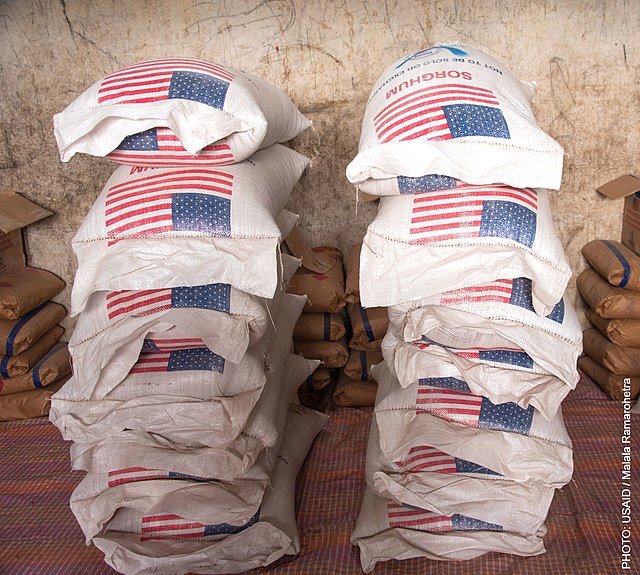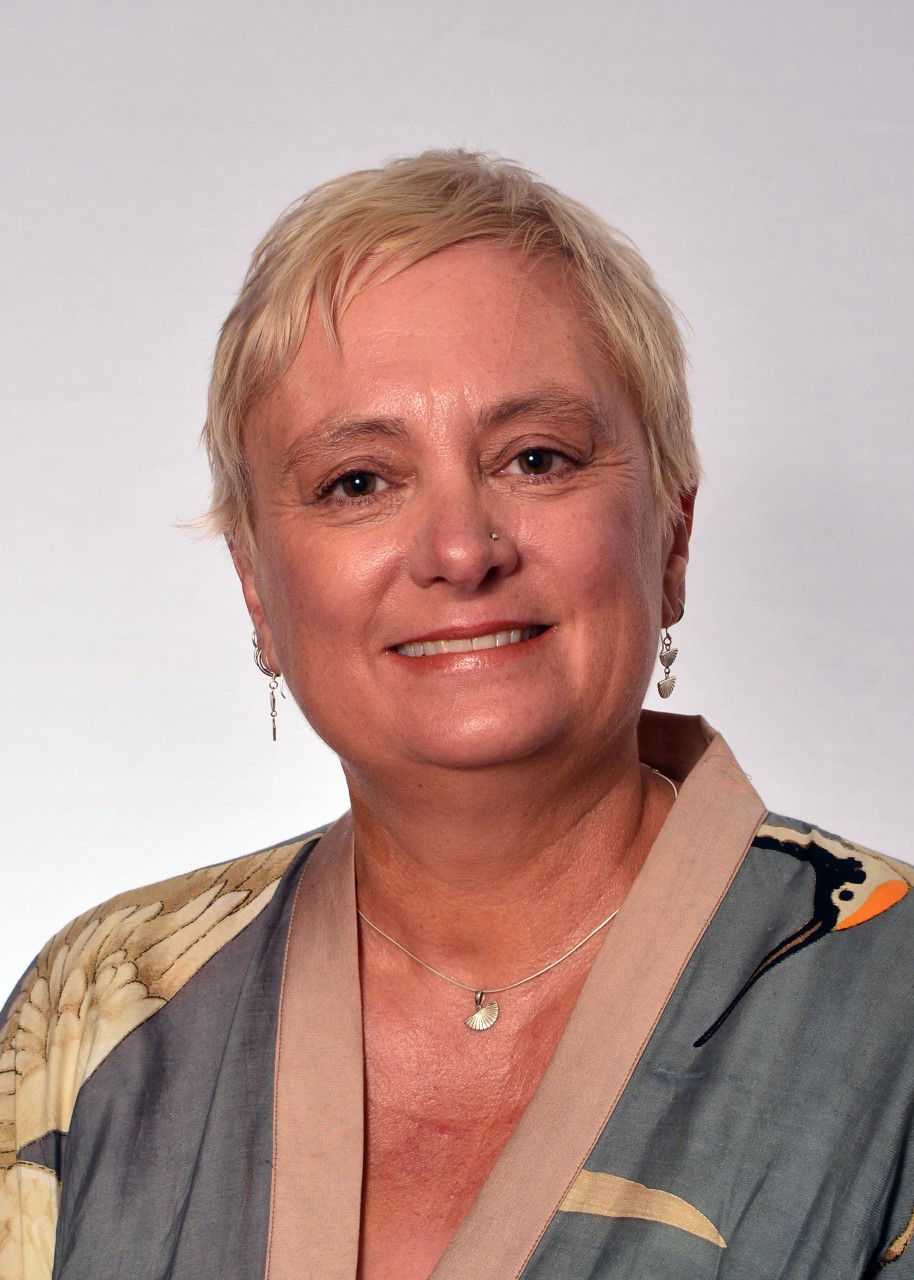
Reading Lynch’s compelling and wide-ranging study of the role of Christian actors at different historical periods and how they manage the ethical precarity that faces them in dealing with the social, political, and economic problems they encounter, introduced me to areas of scholarship and geo-political contexts not directly engaged with in my own research to-date. The strongest impact on my thinking, however, was with respect to the careful unpacking of the ways in which Christian actors have been involved in both driving and resisting colonial processes. Connecting with these histories is both timely and potentially transformative given the radical impact of Black Lives Matter (BLM) in 2020, which has extended far beyond “Black Lives” in catapulting critical race theory and intersectionality into the mainstream. It has never been more crucial for academics to engage with the ethical precarity arising from the unequal and colonial underpinnings of our disciplines as well as the activities of the communities of practice about which many of us in the social and political sciences write.
In my primary field of the study of religion, there has been a tradition of scholarly critique over the past few decades of colonialist and Protestant Christian influenced understandings of what a “religion” should look like, the damage that has been done through the normalization of the separation of the religious from the secular, and the problems that arise from viewing religions through the lens of the “world religions paradigm.” My secondary field of study, that of “humanitarianism”—defined by Lynch as including “both emergency relief and longer, development efforts” (190)—has for several decades sought to influence policy and practice within the international aid sector to move away from Global North-led solutions to local humanitarian/development “problems,” and instead to work from the “bottom up” through equal partnerships that value local knowledge and expertise. However, it is only more recently that serious attention is being paid to the institutional racism in the aid sector. Given that these attempts to decolonize scholarship and practice within the field of religion and of humanitarianism are not new, how can we learn from this decolonial moment? And how does Lynch’s book offer some ways forward in pursuit of this aim?
Christian Humanitarians—The ‘Little Platoons’ of Neoliberalism?
Like Lynch does in chapter 6, “Wresting with Violence and Injustice Abroad and at Home,” my research combines the study of religion with humanitarianism/development. However, I do so from a sociology of religion perspective, rather than from Lynch’s theologically inflected international relations approach. As Lynch points out, contemporary Christian humanitarianism has its roots in the colonial missionary enterprise, providing a “strong foundation . . . for ongoing denominational relief and development efforts” (189). Nonetheless, this Christian genealogy became obscured with the rise of the contemporary global aid business, which took off immediately following the Second World War, and saw the establishment of key aid instruments, including the World Bank and the IMF, as well as the UN. Religion had no place in this official picture, which assumed that religion (at least in its public manifestation) would eventually lose its hold over people’s lives as they reaped the benefits of “modernization.” Lynch picks up this story at a crucial intersection, in the post-Cold War period in the 1990s. This era saw the spread of “neoliberal economic ideology and policies on a global scale” (188). It saw the rise of the non-governmental organization (NGO) and its religious counterpart the so-called faith-based organization (FBO). NGOs and FBOs attracted rising levels of donor funding throughout the 1990s, with the faith element particularly taking off towards the end of the decade and into the 2000s. This coincided with the global “war on terror,” which turned the attention of Global North governments towards religion (or more properly Islam) as a public force that needed to be better understood and managed.
It has never been more crucial for academics to engage with the ethical precarity arising from the unequal and colonial underpinnings of our disciplines as well as the activities of the communities of practice about which many of us in the social and political sciences write.
For faith actors who had been pushing for greater inclusion in humanitarianism/development, as well as for scholars in the incipient field of religion and humanitarian/development studies, this “turn to religion” has been interpreted differently. For some, this was evidence of the emergence of the “desecularization of development” or of a “post-secular development praxis” where faith actors were now being invited to the table to design development policy and deliver development programs (Tomalin 2019). Others have been more critical and see this as a cynical attempt to co-opt religions to meet neoliberal development goals. On this account, faith is nothing more than a vehicle for generating social and other kinds of “capital” for instrumentalist ends. Like Lynch, I am interested in the extent to which FBOs, including Christian humanitarians, are little more than what Jamie Peck and Adam Tickell have called the “little platoons” of neoliberalism (390), or, as in Lynch’s words, “quasi-agents of the state, their focus on metrics of accountability to funders over aid recipients” (199). As with the earlier decolonial shift towards “bottom up” development in the 1980s, where equal partnerships with local communities in the Global South were emphasized, the “turn to religion” can be seen as not going beyond “trendy terminology” (202). Here its radical and decolonial potential is diluted and pacified.
Looking Again at the “Turn to Religion” by Humanitarianism: Shifting Register to Manage Ethical Precarity
Despite this colonialist deployment of religion in the name of humanitarianism/development, Lynch notes that it is also the case that Christian humanitarians are “participating yet sometimes reformulating . . . a ‘transnational apparatus of governmentality’’’ (199). This suggests that (some) faith actors occupy a more fluid and multi-vocal space within the aid nexus rather than simply performing the role of the little platoons of neoliberalism. Building on this, I argue that if we take an “actor-oriented approach” and look at the religion-development connection from the point of view of these faith-based humanitarians themselves, we can see how they strategically shift in register between secular modes of communication with neoliberal global development actors to religious modes with local faith actors and their religious support base, while acting as, in David Mosse and David Lewis’s description, “brokers operating at the ‘interfaces’ of different world-views and knowledge systems” (10). I suggest that (some) faith-based humanitarians manage the ethical precarity that comes with involvement in the formal aid business with parallel activities where they instead resist their instrumentalization to serve secular neoliberal goals by cultivating strong networks with other faith actors, including at the local level in the Global South. Their positionality within the aid nexus as brokers and translators, comfortable with both secular and religious registers, places them in a unique position to connect with local faith actors in the Global South, who are mostly precluded from directly participating in the formal aid business due to their expression of religiosity and development outside a neoliberal framing.
Decolonizing Religion and Humanitarianism Scholarship and Practice
Lynch notes how Christian humanitarianism cannot be reduced to the (neoliberal) Global North version, and instead that “relationships between Christians in the Global North and Global South” add to its intricacies and complexities (220). Many Global South Christian actors are involved in humanitarian, development, and peacebuilding activities, yet they may not label them as such or be recognized by the global aid system as doing this work. Studies have shown that they are often overlooked as humanitarian partners due to a secularist bias and the perception that they will not adhere to the Code of Conduct for the International Red Cross and Red Crescent Movement and Non-Governmental Organizations (NGOs) in Disaster Relief. Moreover, we know much less about this informal humanitarian work of local faith actors than we do about that of the neoliberal, faith-based humanitarian, where academic research has followed a donor trend of focussing on that contribution (see Spies and Schrode 2020). In order to push forward the decolonizing of religion and humanitarianism scholarship and practice, I am in agreement with Lynch’s assertion that we need to look to the Global South for “insights that are critical for understanding the ethical precarity of Christianity and secular humanitarianism” (192). Indeed, as she points out, Global South theologians offer “other strategies” to “cope with such tensions” arising from the ethical precarity of engaging in neoliberal humanitarian work (225) since they engage in an “autocritique of Christianity’s symbiotic role in colonialisms, racisms, and paternalisms of various kinds, including the neocolonialism and paternalism at the heart of humanitarianism” (225). This critique involves drawing attention to the ways in which neoliberal, faith-based humanitarianism reinscribes boundaries between religious traditions, as well as between the religious and the secular, and promotes a model of engagement that reinforces the views of select religious leaders and organizations. Instead, there is a need to broaden approaches to the religion-development nexus and to develop a new conceptual perspective that moves beyond prioritizing the agenda of secular global development institutions and instead critically examines their rhetoric and practices. In looking to Global South theologians and faith communities to highlight the neoliberal and colonial framework that dominates scholarship, policy, and practice around religion and humanitarianism, Lynch’s approach offers some solutions to this. These solutions support the need for the development of a research agenda which recognizes that in order to achieve widespread commitment in the aid community to the localization of humanitarian action, engagement with faith actors is critical. Unfortunately, they continue to remain overlooked and marginalized.

